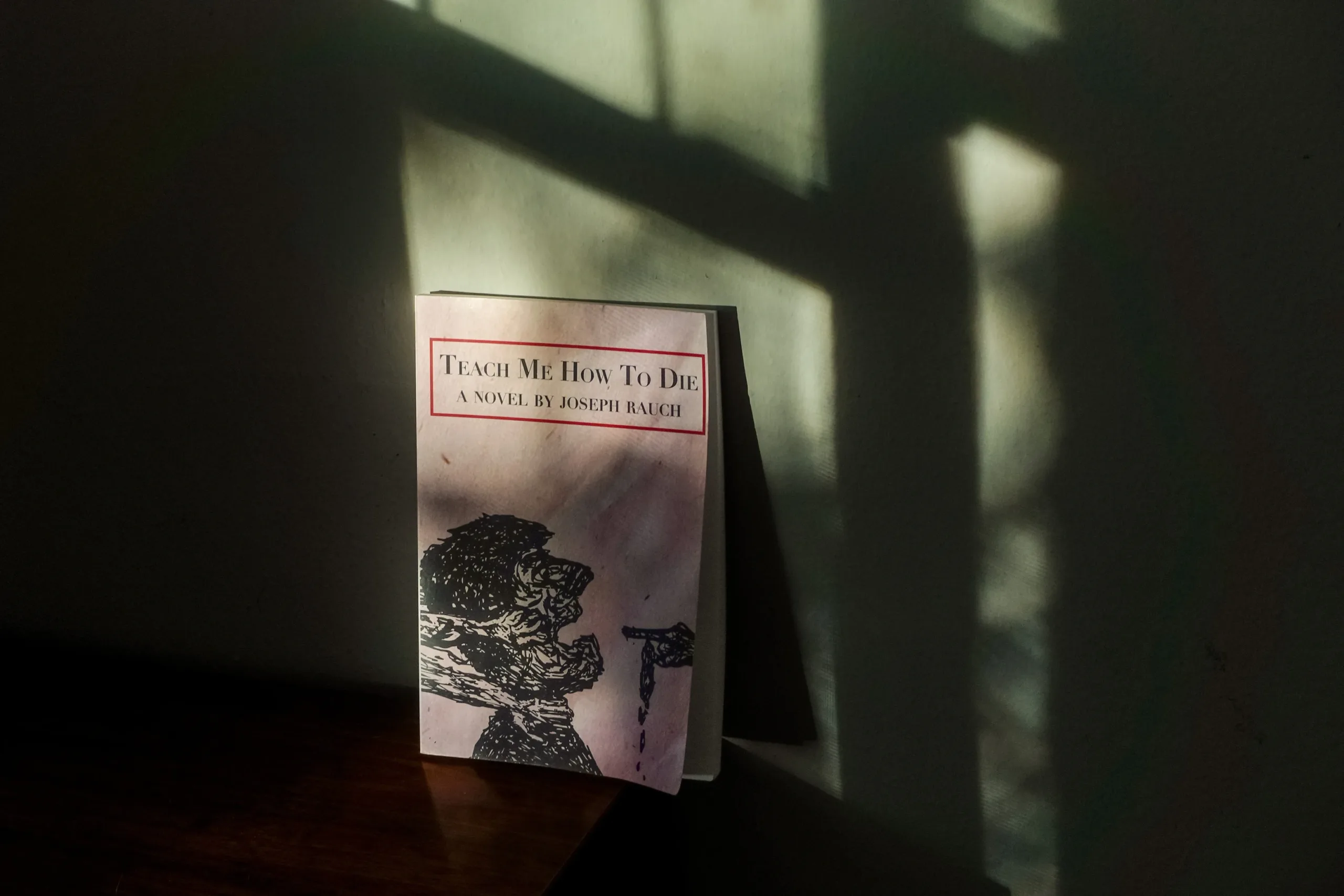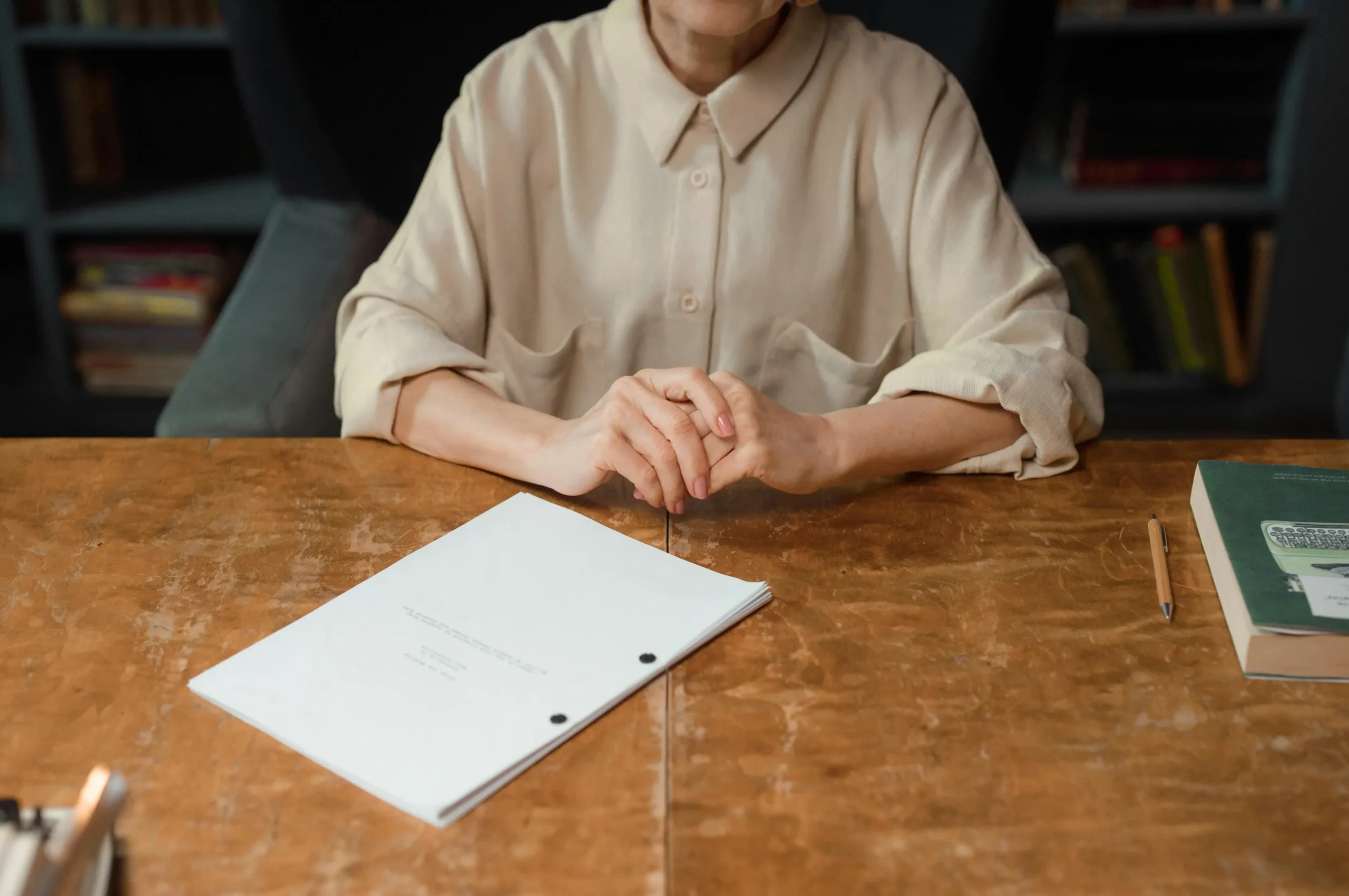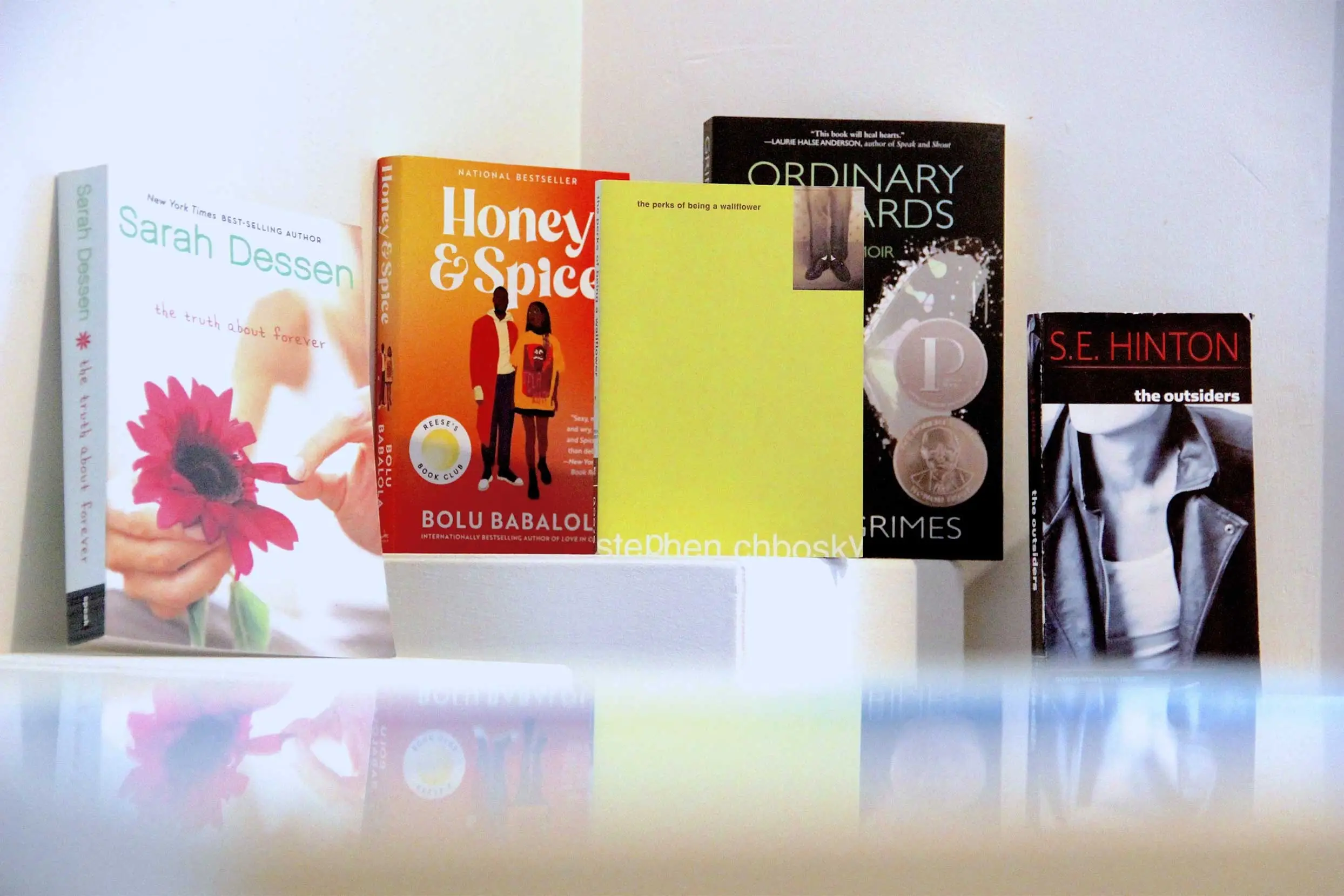To feel lost in the dark, hopeless, unable to explain what you feel and, as if you are the only one who feels it, is lonely. Depression, in and of itself, can be lonely. But it doesn’t have to be.
In the U.S. alone, it’s estimated that 21 million American adults suffer from depression each year. For youth, that estimate is around 3.7 million. Major depression is one of the most common mental illnesses, yet it is still incredibly difficult to talk about, especially when it overlaps with other conditions like bipolar disorder, borderline, or anxiety.
Thankfully, when we ourselves don’t have the words to describe how we feel, there are books that do. In this collection, we bring you novels — old and new — from authors who were bold enough to write about depression with poignancy and care. Depression manifests differently in each of these narratives, leaving something for everyone, so no one feels alone. Some of these novels are also bestselling titles that have reached wide audiences because they speak directly to the pain and complexity of mental health.
12 Best Novels About Depression
As you peruse the list and read the summaries, pick the one that feels like understanding, hope or a little of both. Whether you’re navigating your own life or seeking to understand someone else’s, these may be among the best books to start that journey.
An emotional American classic, “The Bell Jar” is the story of Esther Greenwood, a young, brilliant, talented beauty — and her cataclysmic breakdown. Plath brings us directly into the harrowing corners of Esther’s psyche with wrought intensity as she narrates Esther’s severe battle with mental illness and attempts at suicide. From inside the offices of a New York City magazine to inside a psychological ward in Boston to inside the gripping everyday moments in between, we become seized by Esther’s tumult. Set in 1953, “The Bell Jar” explores themes of growth through pain and rebirth, the restricted role of women in the 1950s and the misconceptions of psychiatric medicine at the time.
Editorial Note: Read our in-depth review of “The Bell Jar” here
“A Little Life” is a story about depression, true, but it’s also a story about the role of friendship — by exploring the families we are born into and those we create for ourselves. The masterful novel from Yanagihara follows four college classmates who move to New York seeking fame and fortune. While each has their lives and storylines, they are all tethered by Jude, a brilliant and enigmatic soul at the center. And a man scarred by unspeakable childhood trauma. While their friendships all deepen over the years, so too does Jude’s depression — changing his life and all of their relationships forever.
First published in 1982, “The Yellow Wallpaper” was ahead of its time, standing up against the patriarchy by showcasing the willful dismissal of women in the late nineteenth century. The short story tells the tale of a woman diagnosed by her physician husband with a “temporary nervous depression — a slight hysterical tendency” after childbirth. She’s urged to rest for the summer, forbidden from working, and spends her days in the house’s former nursery — decorated with barred windows and peeling yellow wallpaper. With nothing else to occupy her, the woman records her growing obsession with the wallpaper in a private journal, leading her ever so slowly into dark depths of madness.
“The Perks of Being a Wallflower” (now a major motion picture) is a coming-of-age story that poignantly details teenage experiences with anxiety and depression. The main character’s (Charlie’s) letters invite us into his world, complete with first dates, mixtapes, family drama, new friends, and teenage fears and dreams in between. It’s in Charlie’s intimate, hilarious and devastating letters that one can’t help but be brought back to high school and the messy feelings that accompany growing up. While Charlie is an introvert, his letters escort readers right inside the rollercoaster of the past to remind us all that being different is OK. It was always OK. The novel resonates with fans of John Green, as it shares a similar emotional depth, adolescent honesty, and willingness to engage hard truths with warmth.
“Because Everything Is Right but Everything Is Wrong” asks two big questions: Can you be lost and not know it? And can other people stop you from being lost?
In her debut novel, Donohue remarkably chronicles a young person’s struggle with mental health as the walls around him gradually disintegrate and close in. It is beautifully written and sorely felt as the protagonist shares his deepest worries and woes — and the pain that accompanies them. “Because Everything Is Right but Everything Is Wrong” is a short novel that will stay with you for a long time.
“Darius the Great Is Not Okay” is a novel for anyone who’s ever felt not good enough. In his debut book, Khorram introduces us to Darius Kellner, who speaks better Klingon than Farsi and knows more about Hobbit social cues than Persian ones. He’s a Fractional Persian, and his first-ever trip to Iran is about to alter his life. Darius never felt like he fit in at home and expects it’ll be the same in Iran. His clinical depression doesn’t help.
But when Darius meets Sohrab, the boy next door, things change. As the two spend more time together, Darius comes to see it’s possible, really possible, to meet someone who makes you feel so much better than OK.
There’s much more to Eleanor than even she knows. “Eleanor Oliphant Is Completely Fine” is an uplifting story of an unlikely heroine who’s disconnected from having a purpose in life. When we meet Eleanor Oliphant, it’s unmistakable that she struggles with social skills and has a tendency to say exactly what’s on her mind. Eleanor’s life is carefully timetabled as she actively dodges social interactions and punctuates her weekends with frozen pizza, vodka and phone calls with her mum. Through her eyes, we witness the complex ways depression, loneliness, trauma and alcoholism weave together. But everything changes when Eleanor meets Raymond, a bumbling (and deeply unhygienic) IT guy from her office.
Editorial Note: Read our in-depth review of “Eleanor Oliphant Is Completely Fine” here
This brilliant novel from Haig is for anyone who’s ever wondered if their life would look different if they’d made other choices. Between life and death, there’s a library. Inside, unlimited books offer a chance to try another life we might’ve lived. But would any of these other lives indeed be better?
This is a question Nora Seed asks herself as she faces the chance to swap a life that depresses her for a new one. While she can enter a new career, undo old breakups and even realize her dreams of becoming a glaciologist, she must search within herself and the eponymous library to decide what makes a fulfilling life — and what makes it worth living.
Editorial Note: Read our in-depth review of “The Midnight Library” here
“Beverly Bonnefinche Is Dead” is a story of love, loss, friendship and what it means to accept who you are. Its main character is Beverly Bonnefinche, a socially awkward, anxiety-riddled woman who only loves three things: her parents, books and a homeless man named Bill. Everything changes for Beverly when she meets Henry, a persistent, kind man who sees something in Beverly that most have overlooked.
That is, until everything changes again, threatening to unravel her new life. Ultimately, Beverly must decide if she’s got it in her to stop trudging through life — and finally start living it.
Pro tip: Those who enjoyed “Eleanor Oliphant Is Completely Fine” and “The Midnight Library” will love “Beverly Bonnefinche Is Dead.”
Silvera writes us a story of science versus nature, friendship, sexuality and, ultimately, the pursuit of happiness. In “More Happy Than Not,” a family tragedy leaves sixteen-year-old Aaron Soto reeling and struggling to find happiness. With the help of his girlfriend, Genevieve, he slowly begins to remember what joy could feel like, but it’s really his new friend, Thomas, who gets Aaron to open up. As the pair of friends get closer, Aaron uncovers things about himself that could jeopardize his newfound contentment.
But a revolutionary memory-alteration procedure (think: “Eternal Sunshine of the Spotless Mind”) could be a way to straighten himself out. The question for Aaron then becomes: What if it means forgetting who he really is?
“Mrs. Dalloway” is an American classic and heralded as Virginia Woolf’s greatest novel. When we first encounter Mrs. Clarissa Dalloway, we find her preoccupied with the last-minute details of party preparation — but it’s clear she’s much more than a society hostess. While preparing her home, she drowns in past memories. As she faces her present realities, she begins to rethink the decisions that led her to where she is and contemplates what it means to grow old. With “Mrs. Dalloway,” Woolf (who suffered from depression herself) vividly portrays a single day in a woman’s life and organically weaves a common theme of depression throughout the beautifully written pages.
“It’s Kind of a Funny Story” is about a young, ambitious New York City teen determined to win at life. For Craig Gilner, victory means getting into the right high school to get into the right job. As Craig enters Manhattan’s Executive Pre-Professional High School, the pressure becomes untenable. He stops eating. He stops sleeping. Until one night, he almost kills himself.
When he gets admitted to a mental hospital, Craig is finally able to confront the root of his anxiety. Meanwhile he’s neighbors with a trans sex addict, a girl who has scarred her face with scissors and the self-elected President Armelio. Vizzini, who too spent time in a psychiatric hospital, tells a remarkably moving tale about an unexpected road to happiness.
Editorial Note: You may also like ‘Girl, Interrupted‘.
Togetherness Through Literature
We hope you connect to a novel you find here, whether it’s a story about a woman trying on different lives, a teen recovering from tragedy or a set of friends clinging to each other for sanity. Reading is usually a solitary activity, but bonding through book lists can alleviate a bit of the loneliness we tend to feel while battling depression.
If this list feels empty to you, please help us fill it up. We will consider all recommendations, although we’ll admit we are partial to books from underappreciated authors. Feel free to send us a message on social media or email us via our contact page. Our comments section is under construction. Once it’s done, we’d love to see comments, too. We’d especially love to hear if you’ve read powerful novels by mental health advocates like Andrew Solomon, or if you’ve seen readers raving about any titles on Goodreads that we should add to our roundup of the best books about depression.
Craving another book list? Check out our favorite young adult novels.
Get recommendations on hidden gems from emerging authors, as well as lesser-known titles from literary legends.


















